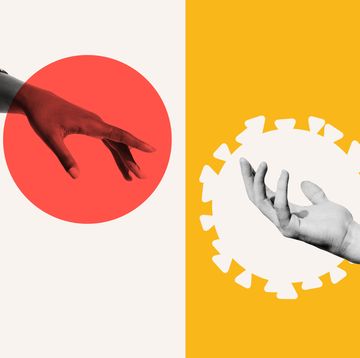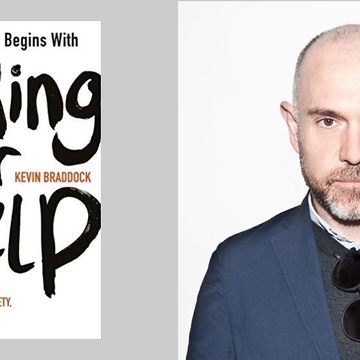Every day I wake up around 6:30am, and the first thing I do is check in to see what’s gone on overnight in China. IMAX is in 80 different countries and we’re two public companies, one in Hong Kong and one in New York, so it’s a little weird but I have to work in a 24-hour circadian rhythm.
After that, I’ll try and work out in the gym pretty much every day, then about fifty per cent of my life is travel. We're not only in Hollywood but film communities throughout the world, so along with checking in with key staff and shareholders, I’ll be talking our global exhibition partners about upcoming launches. Someone like Christopher Nolan has been crucial to our success – he loves the IMAX format and using the IMAX camera. Our head of film and I are quite close to Chris and talk to him on a regular basis. We normally know close to two years in advance what he’s planning next.
The toughest period for me came in 2006. ‘Stress’ is the word I’d use to define it. The company was transitioning from an analogue to a digital world while inventing a new platform, so that caused financial stress. Our earnings were suffering, our stock price fell and we had a lot of debt that was coming due over the next couple of years.
At the same time, I was going through two personal issues: a separation that led to divorce, and ill health. I had something called mercury poisoning, which believe it or not, was through eating too much fish. It meant my balance was off and I couldn’t walk properly. I’d always been healthy, so it was shock. All of those things combined - work issues, personal issues, health issues - was an awful lot to deal with.
How did I tackle it and come out the other side? Well, for the medical problems I pursued medical attention. At work I took a pragmatic approach and started sharing more of my responsibilities.
But for the personal stuff I knew I needed other forms of help. I called on a close circle of friends and confidants – some of them dating back to elementary school - and I actively discussed with them what some of the issues were. I found that getting some of it off my chest with people I trusted was really cathartic. And the other thing that gave me was perspective. Friends would say: you know Rich, you’ve dealt with stuff like this before, and you’re gonna deal with it again. Hearing that builds your sense of confidence.
Another thing I relied on was exercise. When I experienced stress previously in my life, the first place I always turned was working out. The more stress, the more I incorporated exercise into my daily routine. I’ve always found that to be the most effective thing by far. Another thing I learned to do was meditate. Even today, I’ll fall back on it during tough times.
I do think men find this kind of conversation particularly difficult. I was raised in the 1950s, and my father was a very tough, not very communicative guy. The message delivered to us was: tough it out and get through it. I think that’s wrong. When I mentor people today, I try to temper that idea. I have two daughters and I really try to get them to accept the fact you can't be perfect all the time, and that it’s okay to talk about your problems.
For a lot of people who are successful, it’s easy to confuse shortcomings in your business with personal shortcomings. That’s unhealthy. When it comes to mental health, I would say the most important thing would be to take care of your own needs: the need to sleep, the need to exercise, the need for down-time, the need for perspective. It’s almost like a battle. When you’re feeling overwhelmed by your external environment, the key is to regroup, figure out how to get yourself in a solid position - and then attack.
Richard Gelfond was talking to Sam Parker.
For information and support regarding mental health, check out thecalmzone.net; mind.org.uk; consolecounselling.co.uk; samaritans.org.




